Why Abortion Is Not Murder: A Human-Centered Perspective
Abortion is one of the most debated topics in society. People often ask, “Is abortion murder?” But the truth is, abortion is not murder. It’s a deeply personal medical decision shaped by science, ethics, and compassion.
In this article, we’ll break down the facts in simple language, without judgment or unnecessary complexity. Think of it like unpacking a heavy backpack together—removing myths, misunderstandings, and fears until what’s left is clarity and understanding.
Understanding What Abortion Really Means
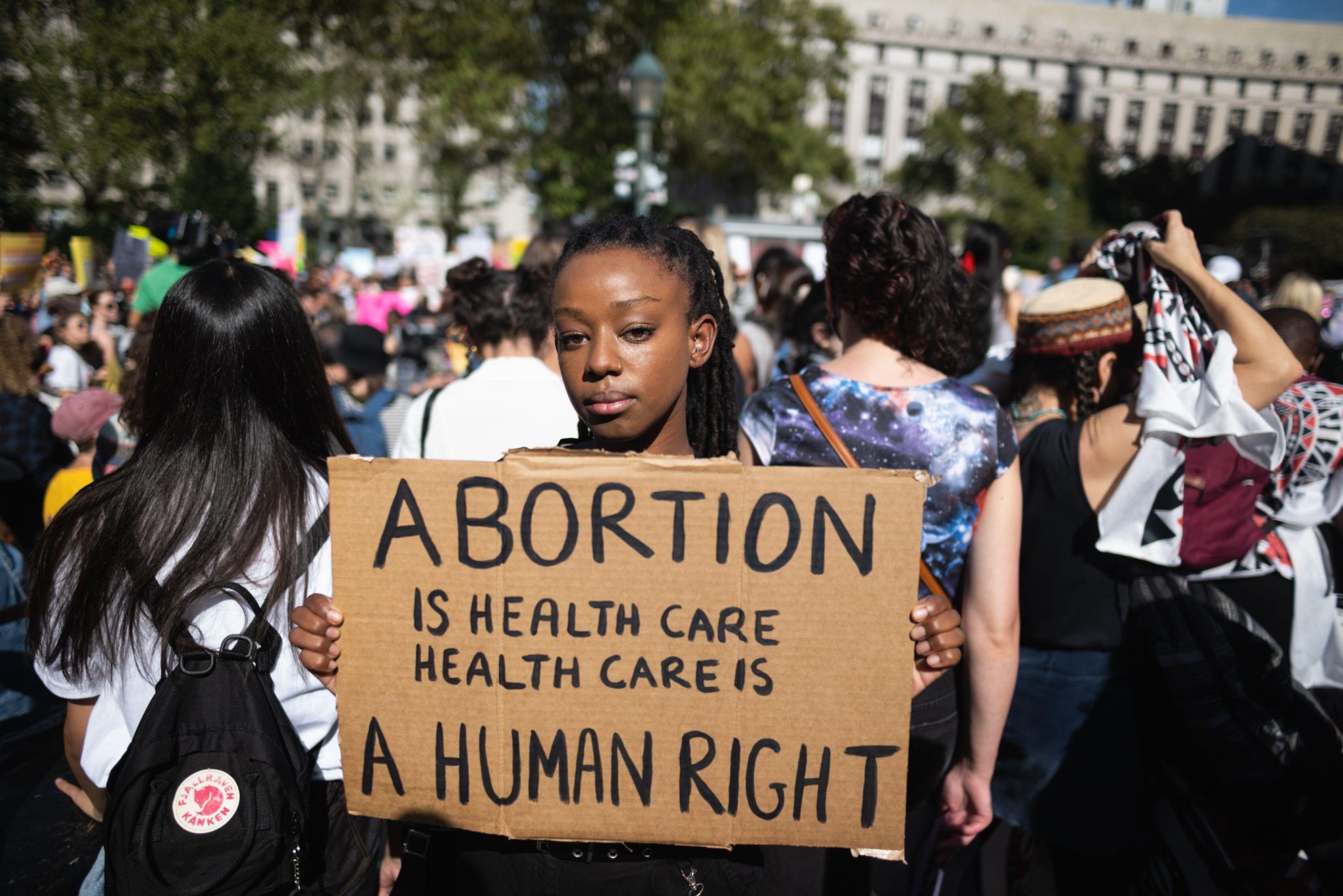
At its core, abortion is a medical procedure that ends a pregnancy. It can happen naturally (called a miscarriage) or through medical intervention. When people hear the word, they often picture heated debates, but at its simplest, abortion is part of healthcare.
The Difference Between Abortion and Murder

Murder is the unlawful killing of a person with malicious intent. Abortion is a medical decision, not an act of violence. Doctors and patients approach it with care, not cruelty. To call termination of pregnancy “murder” ignores the medical, ethical, and personal realities behind it.
What Science Says About Life and Personhood

Science tells us when a pregnancy begins, but it doesn’t define personhood. A fertilized egg may be “alive,” but so is a skin cell or a sperm cell. Being biologically alive is not the same as being a person with rights and independence.
The Role of Viability in the Termination of pregnancy Debate
Viability means the stage when a fetus can survive outside the womb with medical support. This typically happens around 24 weeks, though it can vary. Before viability, the fetus depends entirely on the pregnant person. That dependence shows why termination of pregnancy before viability is not murder—it’s not an independent life yet.
Women’s Rights and Bodily Autonomy
/https://static.texastribune.org/media/files/30f11e7585ae7ae573a7d4c343f03ea8/Abortion%20Rally%2005-19%20EL%20TT%2004)
Imagine someone forcing you to donate a kidney against your will. Most people would say that’s wrong. Termination of pregnancy is similar—it’s about whether someone has the right to use your body without your consent. Bodily autonomy means people get to decide what happens inside their own skin.
Why Language Matters: Words Shape Beliefs
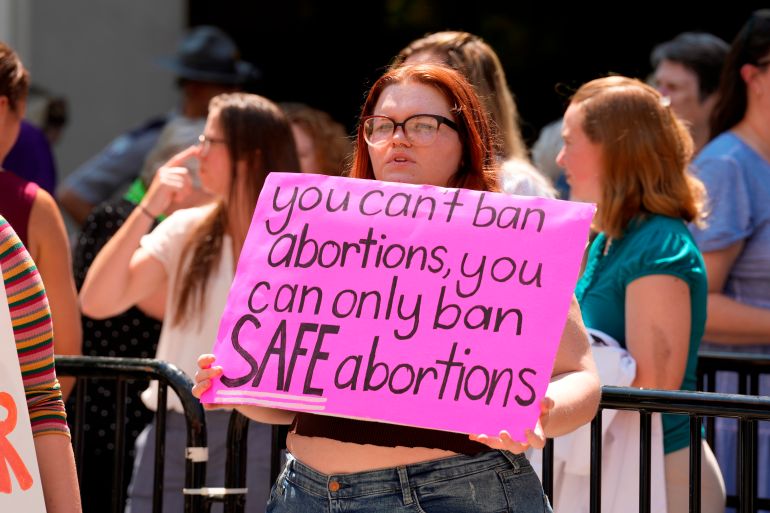
Calling abortion “murder” is not just inaccurate—it’s manipulative. Words shape how we think. If abortion is framed as murder, it shuts down thoughtful discussion. Instead, we should use clear, compassionate language that reflects the complexity of the issue.
Historical and Legal Perspectives on Abortion

Termination of pregnancy has been part of human history for thousands of years. In many cultures, it was accepted as a personal choice. Even in modern law, abortion is regulated differently than murder because society recognizes the distinction. Courts around the world have consistently ruled that termination of pregnancy is not legally equivalent to homicide.
Religion, Morality, and Diverse Beliefs

Not all religions agree on when life begins. Some say it starts at conception, while others believe it begins at birth or quickening (when movement is felt). This diversity shows that abortion isn’t a simple moral absolute—it’s shaped by beliefs, values, and context.
The Real-Life Circumstances Behind Abortion Decisions

No one wakes up one morning and casually chooses termination of pregnancy. Behind every abortion are real stories—financial struggles, health risks, abusive relationships, or simply not being ready to raise a child. Calling termination of pregnancy murder ignores the humanity of those making tough decisions.
Abortion and Public Health
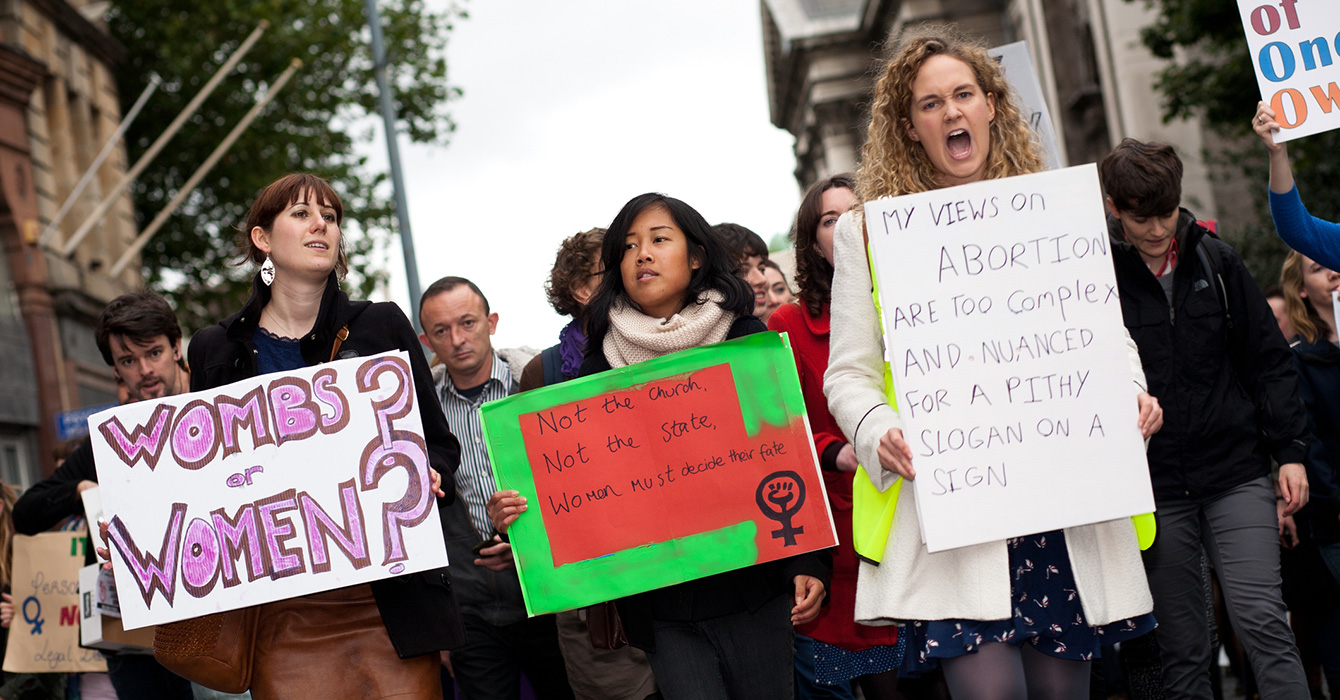
Safe termination of pregnancy saves lives. When abortion is banned, people don’t stop seeking it—they just turn to unsafe methods. That’s why the World Health Organization recognizes abortion as essential healthcare. Framing it as murder undermines its life-saving role in public health.
Addressing Common Myths About Abortion

-
Myth: is murder.
Fact: It’s a medical decision, not a crime. -
Myth: People use it as birth control.
Fact: Most who seek abortion do so out of necessity, not convenience. -
Myth: It always causes regret.
Fact: Many studies show relief is the most common emotion.
How Compassion Shapes Our View of Termination of pregnancy
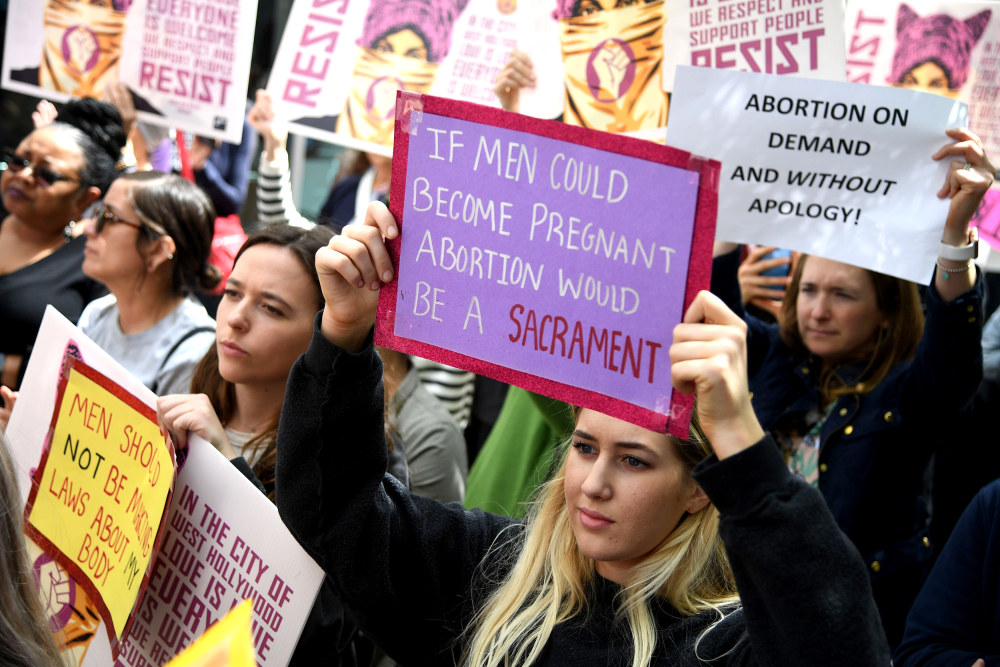
Think of abortion like a storm. From far away, it looks chaotic and frightening. But up close, you see people making shelter, seeking safety, and trying to survive. Compassion allows us to step closer and see the human side of termination of pregnancy, not just the abstract debate.
Abortion as Healthcare, Not Crime

Doctors provide abortion the same way they provide other medical services—carefully, ethically, and with the patient’s well-being in mind. Termination of pregnancy is part of reproductive healthcare, not a criminal act. Treating it as murder stigmatizes both patients and providers.
Key Takeaways
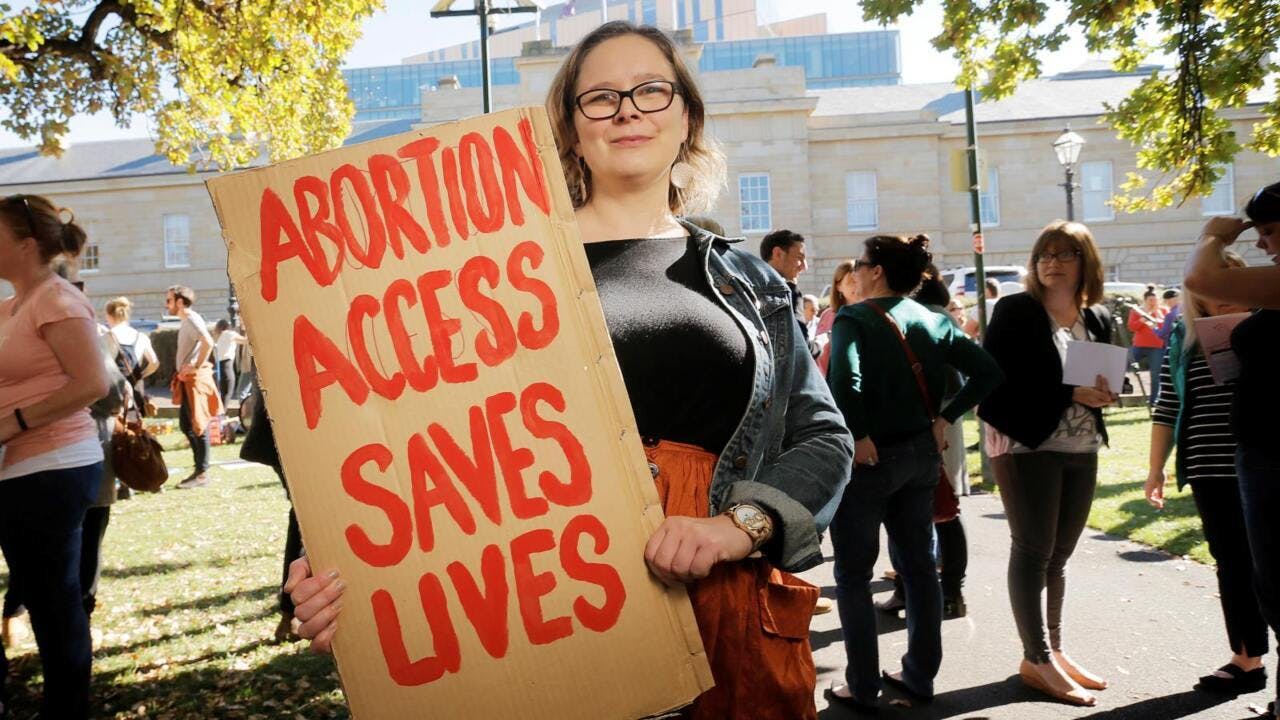
-
Abortion is a medical decision, not a malicious act.
-
Science separates biological life from personhood.
-
Viability matters in understanding independence.
-
Bodily autonomy is a fundamental human right.
-
Framing termination of pregnancy as murder harms public health and compassion.
It is not murder—it’s healthcare, choice, and compassion wrapped into one difficult decision. When we understand it without fear or judgment, we see that it’s not about ending life, but about respecting the lives and rights of those already here.
6 Easy Hacks to Elevate Any Outfit
How to choose the perfect foundation for your skin type
Be a Style Icon at Coachella: The Top Outfit Ideas and Accessories to Try
Follow us on social media:
